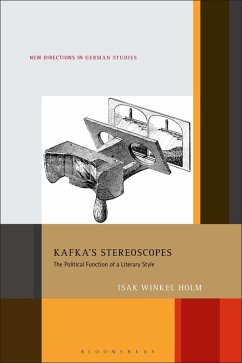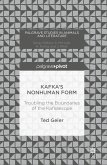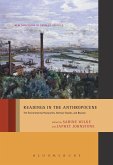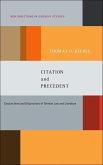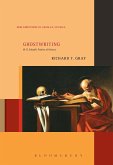In 1911, Franz Kafka encountered the Kaiser Panorama: a stereoscopic peep show offering an illusion of three-dimensional depth. After the experience, he began to emulate the apparatus in his literary sketches, developing a style we might call "stereoscopic," juxtaposing, like the optical stereoscope, two images of the same object seen from slightly different perspectives.
Isak Winkel Holm argues that Kafka's stereoscopic style is crucial to an understanding of the relation between literature and politics in Kafka's work. At the level of content, the stereoscopic style offers a representation of the basic order of a specific community. At the level of form, the stereoscopic style is structured as the juxtaposition of two dissimilar images of the same community. At the level of function, finally, the style provokes a reconsideration, and perhaps even a reconfiguration, of the social order itself.
With insights from literary studies, philosophical aesthetics and political theory, Kafka's Stereoscopes offers a detailed but highly readable argument for the relevance of Kafka's literary works in today's political reality.
Isak Winkel Holm argues that Kafka's stereoscopic style is crucial to an understanding of the relation between literature and politics in Kafka's work. At the level of content, the stereoscopic style offers a representation of the basic order of a specific community. At the level of form, the stereoscopic style is structured as the juxtaposition of two dissimilar images of the same community. At the level of function, finally, the style provokes a reconsideration, and perhaps even a reconfiguration, of the social order itself.
With insights from literary studies, philosophical aesthetics and political theory, Kafka's Stereoscopes offers a detailed but highly readable argument for the relevance of Kafka's literary works in today's political reality.

